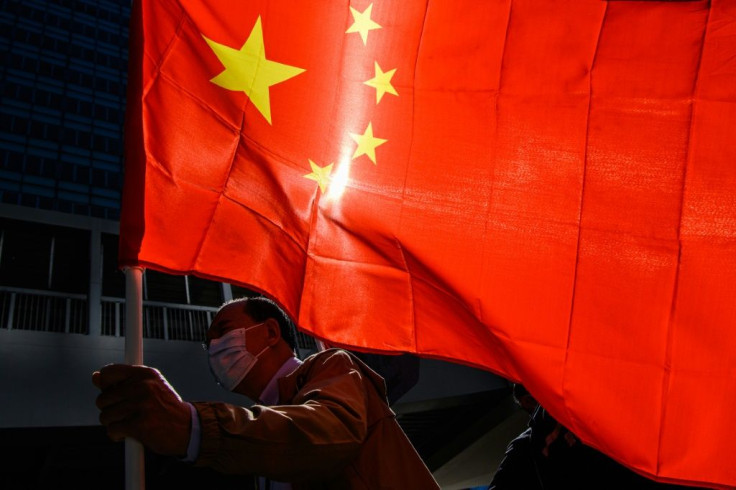Just Can't Wait To Be King? China Shuns 'Wolf' Tag, Says Like Disney's Simba
The "wolf warrior" label applied to Chinese diplomats using aggressive language on social media is unfair, one of their colleagues said Thursday, suggesting the communist country's envoys have more in common with Simba from Disney's "The Lion King".
The assertion came in response to a German report that said Beijing practised "wolf warrior" diplomacy, referencing a film about a Rambo-like Chinese special forces soldier who takes on foreign mercenaries that was wildly popular in China.
Since last year, a group of Chinese diplomats have used Twitter -- a platform banned on the mainland -- to vociferously defend and promote China and its interests, prompting the comparison.
But Beijing on Thursday sought to reshape the characterisation.
"I don't know if they have watched the Disney cartoon 'The Lion King'," foreign ministry spokeswoman Hua Chunying told a regular press briefing, referring to those who used the wolf warrior label.
"I wonder what they think of the cute little lion Simba, who grew and matured under various suspicions and blame," she added.

Her comments came just weeks after the latest example of "wolf warrior" diplomacy sparked a diplomatic spat with Canberra after a Chinese government spokesman tweeted about "the murder of Afghan civilians & prisoners by Australian soldiers".
The tweet was accompanied by a graphic illustration of a man dressed as an Australian soldier holding a bloody knife to an Afghan child's throat.
Australia's prime minister angrily denounced the "repugnant", "outrageous" and "appalling" tweet and demanded Beijing formally apologise.
Hua defended the aggressive communications, saying: "Is it that those who criticise China on unwarranted charges can act like wolves and tigers, but China can only be a silent lamb?"
She added that criticism of China's wolf warrior diplomacy was just another manifestation of the theory that China is a threat.
"China does not actively cause trouble, but is also not afraid of trouble and will not be coerced or blackmailed," she said.
© Copyright AFP {{Year}}. All rights reserved.





















